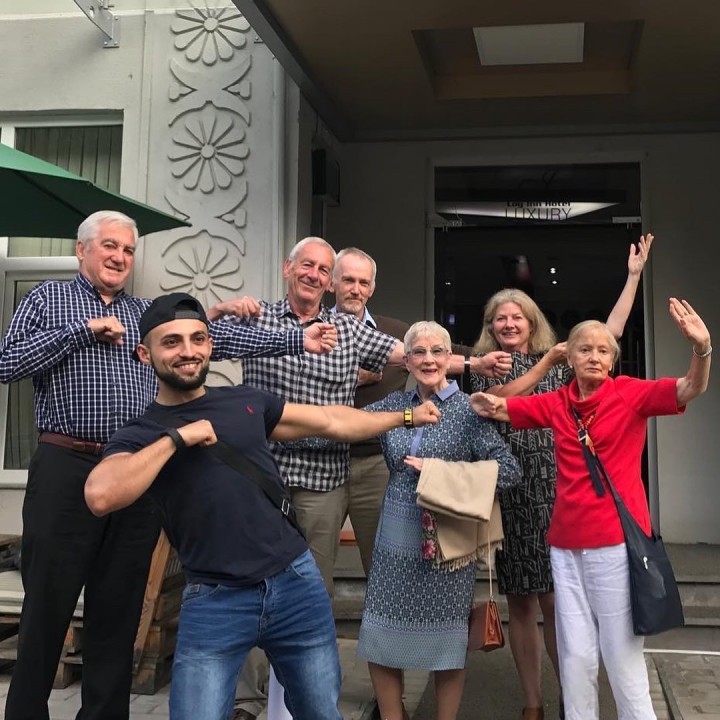What Is a Super Senior: Unlocking the Meaning and Significance
In the realm of education, there are various terms used to classify students based on their academic standing and progress. One such term is "super senior." This article aims to provide a comprehensive understanding of what a super senior is, their characteristics, and the reasons behind their prolonged stay in higher education institutions. By delving into this topic, readers will gain insights into the factors contributing to the status of a super senior and the implications it may have on students' lives and academic journeys.

1. Defining a Super Senior
1.1 Understanding the Term
Before diving deeper into the concept of a super senior, it is crucial to establish its meaning.
A super senior refers to a student who has exceeded the typical duration of study required to obtain a degree in a specific program.
These individuals have been enrolled in higher education for an extended period, often surpassing the expected four-year or two-year timeline for undergraduate and graduate programs, respectively.
1.2 Super Seniors: An Uncommon Phenomenon
While super seniors may not be a common occurrence, they exist within educational institutions worldwide.
Their presence raises questions about the factors leading to their prolonged educational journey. By examining these factors, we can better comprehend the experiences and challenges faced by super seniors.

'Super Senior' In College
2. Reasons Behind Becoming a Super Senior
2.1 Academic Challenges
One significant reason for a student becoming a super senior is the academic challenges they encounter throughout their educational journey.
Difficult coursework, failing grades, or a change in major can contribute to delayed progress.
These obstacles may require additional time and effort to overcome, resulting in an extended stay in college or university.
2.2 Personal Circumstances
Personal circumstances also play a role in becoming a super senior.
Family responsibilities, financial constraints, health issues, or personal crises can divert a student's attention from their studies, causing delays in graduation.
Balancing personal challenges with academic commitments becomes a complex task, leading to a prolonged educational journey.
2.3 Exploratory Approach
Some students intentionally extend their time in higher education institutions to explore various academic disciplines and career paths.
These individuals may choose to take additional courses or switch majors multiple times to gain a broader understanding of their interests and aspirations.
While this approach may delay graduation, it can result in a more informed career decision.
3. Impact and Implications of Being a Super Senior
3.1 Financial Considerations
Being a super senior can have financial implications. Extended time spent in college or university can increase tuition costs, as well as expenses related to housing, textbooks, and other educational resources.
Students may also face difficulties securing financial aid or scholarships beyond the typical timeframe, putting a strain on their financial well-being.
3.2 Social and Emotional Factors
Super seniors often experience a sense of isolation or feel disconnected from their peers.
They may witness their friends and classmates graduate while they continue their educational journey.
This discrepancy in social status can impact their self-esteem and emotional well-being, making it crucial for educational institutions to provide support systems for these students.
3.3 Career Readiness
One concern for super seniors is their readiness to enter the job market.
Prolonged time in higher education can delay the acquisition of practical skills and professional experiences that are valued by employers.
Institutions should offer resources and guidance to help super seniors bridge this gap and enhance their employability.

The image was taken in 2018 on our annual fitness & well-being retreat to Georgia.
In conclusion, a super senior refers to a student who surpasses the typical duration of study required to obtain a degree. Various factors contribute to becoming a super senior, including academic challenges, personal circumstances, and an exploratory approach to education.
The implications of being a super senior encompass financial considerations, social and emotional factors, and career readiness. By understanding the experiences and challenges faced by super seniors, educational institutions can provide better support to help these students navigate their educational journey successfully.